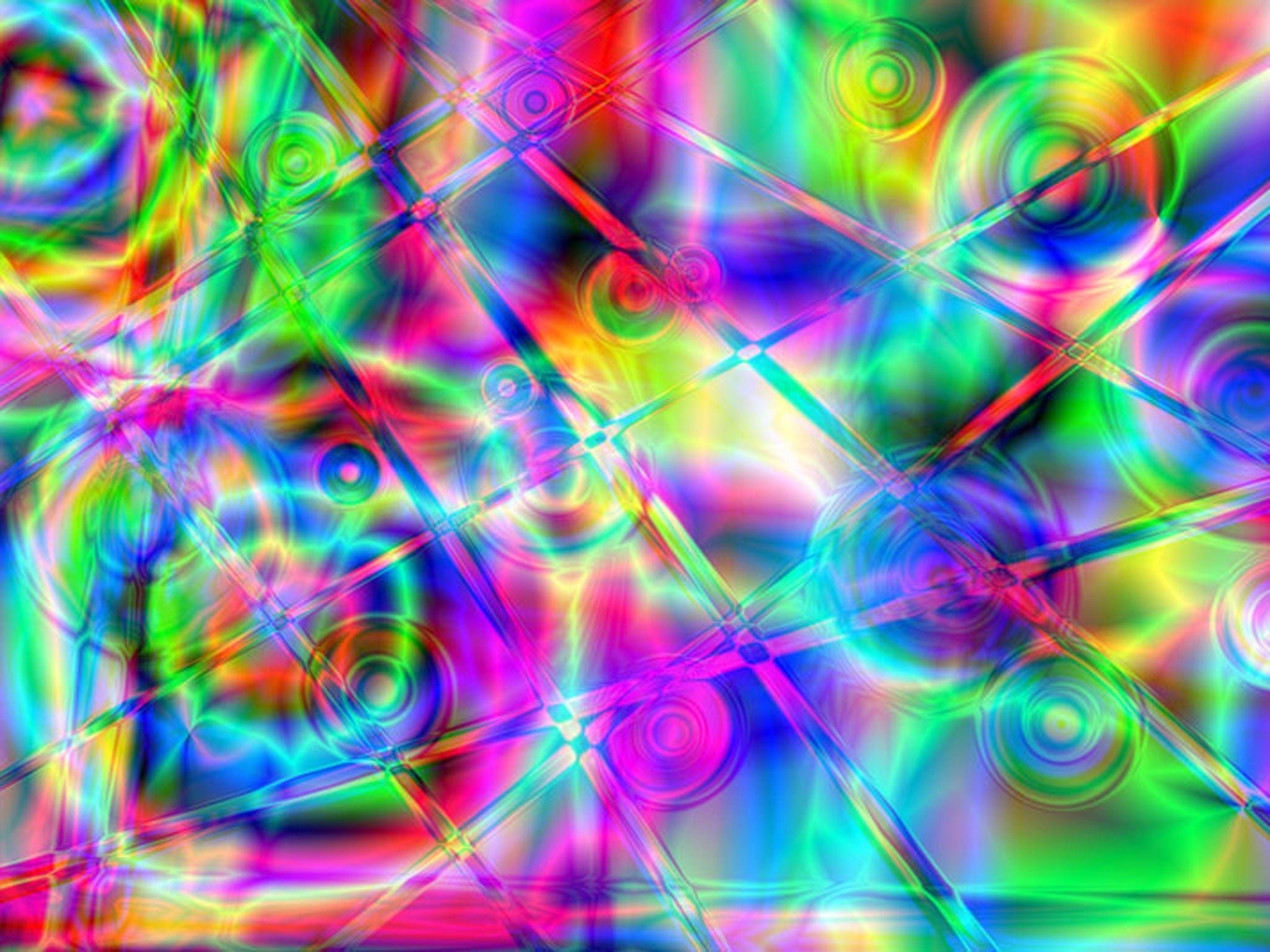Academics want to speak to people who think they may have seen God
Hallucinogen study will assess encounters with spirits, creatures and 'autonomous entities'

Academics are appealing to the public to share details of any experiences they had with God, aliens, ghosts and other entities after taking hallucinogenic drug, DMT.
Researchers from John Hopkins University School of Medicine investigating altered states of consciousness are focusing on the psychedelic drug – short for dimethyltriptamine – which is a key component of some spiritual and shamanic ceremonies.
In particular the team want to know about any experiences that have led to “encounters with seemingly autonomous beings or entities”.
Some of the commonly encountered entities listed by the team include spiritual figures, such as Buddha, deceased family members, animals, monsters and clowns.
The researchers write: “This is a questionnaire study of experiences of encounters with a seemingly autonomous beings or entities that some people report having after taking N,N-Dimethyltryptamine (N,N-DMT).
“We believe that this study is scientifically important and may be personally worthwhile to you.
“As you may know, our team has conducted survey and laboratory studies investigating the phenomenology of psychedelic substance use and this new survey is an important extension of our published and on-going research”.
The survey asks details of the dose taken when the entity was encountered, and with what senses they perceived it – sight, hearing, touch, or “extra-sensorily” (telepathy) – and, if they communicated with the entity, how and what did they take from it.
"The results are being collected through an anonymous online survey to gauge the long and short-term impacts of these encounters."
It follows earlier work by the same team on mystical and near death experiences.
Although DMT is naturally occurring and can be taken in a variety of forms it is illegal in the UK and US.
It is the main psychoactive ingredient in ayahuasca, a traditional spiritual medicine used by indigenous peoples of South America.
Shamans concoct the ceremonial brew made from a variety of plants, some of which contain the DMT and others prevent it being broken down in the stomach.
Comedian Simon Amstell and musician Sting have both spoken, separately, about their experiences on ayahuasca while grappling with mental illness.
In his stand-up routines Amstell recalls how after taking part in the shamanic ritual he encountered himself in the womb.
The team’s lead researcher, Professor Roland Griffiths, writes in his university biography that his work is focused on “the application of behavioural pharmacology and analysis to a scientific investigation of mood-altering drugs.
He has hundreds of published papers in this field, spanning the behavioural impacts of caffeine and nicotine, to “mystical” experiences on the drug psilocybin – the active component of magic mushrooms.
Join our commenting forum
Join thought-provoking conversations, follow other Independent readers and see their replies
Comments
Bookmark popover
Removed from bookmarks